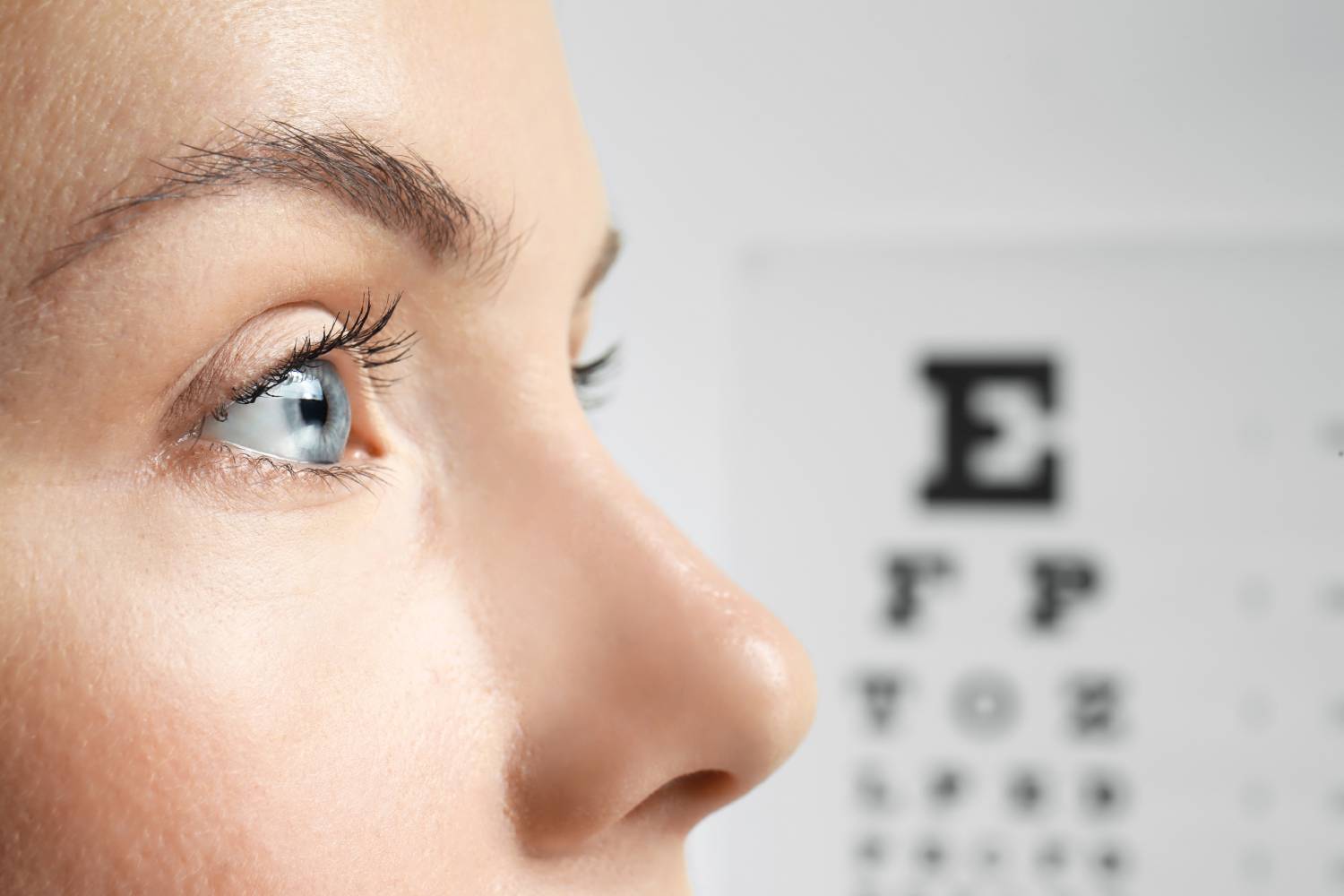
Maintaining optimal eye health is a fundamental aspect of overall well-being, and regular eye check-ups play a vital role in preserving vision. Among the various diagnostic tools available to eye care professionals, annual retinal imaging is a critical method for assessing and monitoring the health of the retina.
At Naper Grove Vision Care in Naperville, IL, we are equipped with state-of-the-art retinal imaging camera technology that takes precision in retinal health diagnostics to the next level. Schedule an appointment for yours and your family's yearly retinal imaging exam with us. Eyes are precious, and you and your loved ones deserve the essential preventative eye care with our dedicated experts.
Importance of Annual Retinal Imaging Tests
Getting your retinal images taken year gives you the following pivotal advantages for your eye health:
Early Detection of Eye Diseases
One of the primary benefits of an annual retinal imaging test is its ability to facilitate early detection of potentially sight-threatening eye diseases. Conditions such as age-related macular degeneration (AMD), diabetic retinopathy, and glaucoma often develop without noticeable symptoms in their early stages.
Retinal imaging allows eye care professionals to visualize the intricate structures of the retina, enabling them to identify subtle abnormalities and signs of disease progression long before symptoms manifest.
Monitoring Changes Over Time
Yearly retinal imaging exam provides a baseline for comparison over time. By capturing detailed images of the retina during each annual examination, eye care professionals can track changes in the structure and health of the retina.
This longitudinal approach is invaluable for identifying subtle shifts that may indicate the onset of eye diseases or changes in existing conditions. Timely intervention based on these observations can help prevent or slow down the progression of vision impairment.
Assessment of Systemic Health
The eyes are a window to overall health, and certain systemic conditions can manifest in the retina. Annual retinal imaging not only aids in identifying eye-specific issues but also allows for the detection of signs related to systemic health problems such as diabetes, hypertension, and cardiovascular diseases.
Early detection of these conditions through a retinal imaging exam can lead to prompt medical intervention, improving overall health outcomes.
Personalized Treatment Plan

Retinal imaging provides eye care professionals with a detailed and accurate view of the individual's unique eye anatomy. This allows for the creation of personalized treatment plans designed to address specific concerns and conditions.
Whether it is prescribing corrective lenses, recommending lifestyle changes, or going ahead with targeted interventions for eye diseases, the information derived from retinal imaging contributes to a more knowledgeable and effective approach to vision care.
Patient Education and Engagement
Annual retinal imaging enhances patient education and engagement and supports their lifetime commitment to eye care. Visualizing the condition of the retina through detailed images allows patients to better understand their eye health and the importance of preventive measures.
Informed patients are more likely to adhere to recommended treatment plans, make necessary lifestyle adjustments, and actively participate in strategies to preserve their vision.
What Can Retinal Images Detect?
People who are considering a retinal imaging test should know what retinal images can detect. Here are some types of eye diseases that can be identified in their early stages through preventative retinal imaging, allowing for timely intervention and improved outcomes:
Age-Related Macular Degeneration (AMD)
Retinal imaging helps detect the early signs of AMD, a progressive condition affecting the macula, the central part of the retina responsible for sharp, central vision. Early identification allows for the initiation of preventive measures and potential interventions to slow down disease progression.
Diabetic Retinopathy
Diabetic retinopathy is a complication of diabetes that affects the blood vessels in the retina. Annual retinal imaging is crucial for monitoring changes in the retinal blood vessels, identifying microaneurysms, hemorrhages, and other signs indicative of diabetic retinopathy. Early detection enables timely management and reduces the risk of vision loss.
Glaucoma
Glaucoma is characterized by increased intraocular pressure, leading to damage to the optic nerve. Retinal imaging aids in assessing the optic nerve head and identifying early signs of glaucomatous damage. Timely intervention, often through pressure-lowering medications or surgical procedures, can help preserve vision and prevent further deterioration.
Retinal Detachmen

Retinal imaging allows eye care professionals to examine the retina for signs of retinal detachment. Early detection is vital as prompt surgical intervention can often reattach the retina and prevent permanent vision loss.
Retinal Vascular Diseases
Diseases affecting the retinal blood vessels, such as retinal vein or artery occlusions, can lead to vision impairment. Periodic retinal imaging assists in identifying blockages or abnormalities in the blood vessels, allowing for the early planning of treatments to restore blood flow and prevent further damage.
Hypertensive Retinopathy
Hypertension can impact the blood vessels in the retina, leading to hypertensive retinopathy. Retinal imaging helps in assessing changes such as arteriolar narrowing, hemorrhages, and exudates, providing insights into the severity of hypertension and guiding appropriate medical management.
Macular Edema
Retinal imaging is essential for detecting macular edema, a condition marked by fluid accumulation in the macula. This can occur in various eye diseases, including diabetic retinopathy. Early identification through retinal imaging allows for the initiation of treatments such as anti-VEGF injections to reduce swelling and preserve vision.
Choroidal Neovascularization
This abnormal growth of blood vessels beneath the retina is often associated with conditions like AMD. Retinal imaging assists in identifying signs of choroidal neovascularization, enabling early intervention with anti-VEGF therapies to inhibit abnormal blood vessel growth.
Choose Cutting-edge Technology for Your Retinal Imaging Exam with Naper Grove Vision Care
The use of sophisticated imaging equipment is a key factor in enhancing the precision, accuracy, and diagnostic capabilities of retinal examinations. At Naper Grove Vision Care in Naperville, we are proud to help individuals and families seeking a yearly retinal exam with industry-leading retinal imaging technology.
Our trained and experienced imaging technicians and specialists will make sure your test is performed in conformance to the highest standards of care. To book your appointment, give us a call at (630) 357-3511 or contact us online.